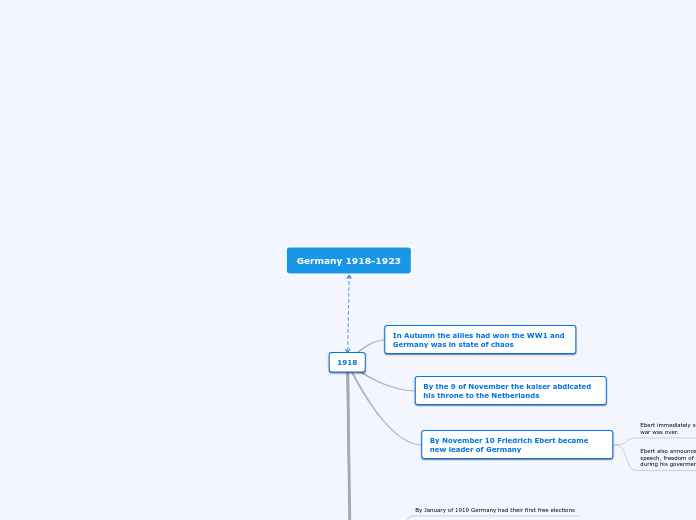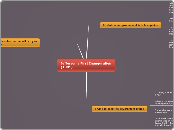a Juan Cruz Fenandez 5 éve
218
Germany 1918-1923
Between 1918 and 1923, Germany faced a multitude of challenges and significant events. The period began with political turmoil as the Kaiser abdicated and the Treaty of Versailles imposed severe restrictions and reparations on Germany, reducing military capacity and territorial holdings.









